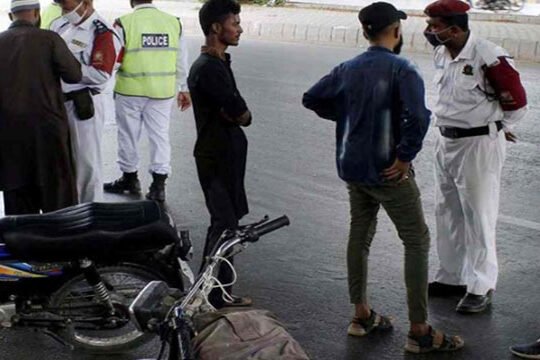In a significant shift aimed at easing financial pressure on the provincial budget, the Sindh government has proposed an amendment to the Civil Service Act of 1973, effectively ending the provision of monthly pensions for government employees recruited after July 2024. The decision, announced on Friday, is part of the government’s broader initiative to reform its pension system and manage fiscal sustainability in the long term.
Key Features of the Proposed Amendment
The proposed changes focus on replacing the traditional pension system with a Defined Contributory Pension Scheme, which will require both the government and employees to contribute to a Sindh Employee Benefit Scheme. Here’s a breakdown of the key features:
- Termination of Monthly Pension: New government employees hired after July 2024 will no longer be eligible for monthly pensions upon retirement, as stated in the amendment.
- Sindh Employee Benefit Scheme: Instead of monthly pensions, employees will contribute 10% of their earnings, while the provincial government will add 12% to a retirement fund.
- Golden Cheque Gratuity: Upon retirement, employees will receive a lump sum payment, known as the "Golden Cheque Gratuity,” based on the combined contributions of both the government and the employee during their service.
- Defined Contribution Pension Scheme: This new system, scheduled to start in July 2024, will replace the traditional pension and gratuity benefits for future civil servants. Employees will receive the amount they and the government contributed over the years, along with any accrued interest.
Reasons Behind the Reform
The Sindh government has emphasized that this drastic measure is necessary to alleviate the financial strain caused by the growing pension liabilities on the provincial budget. The increasing number of retired employees drawing monthly pensions has added significant fiscal pressure. By shifting to a contributory pension scheme, the government aims to:
- Reduce long-term liabilities and make the pension system financially sustainable.
- Encourage personal savings and contributions from employees towards their own retirement.
- Prevent the future ballooning of pension expenses, which currently takes up a substantial portion of the provincial budget.
Cabinet’s Approval and Future Implications
The Sindh Cabinet recently approved the Sindh Defined Contributory Pension Scheme 2024 during a meeting at the Chief Minister’s House. The scheme is expected to be implemented from July 1, 2024.
The amendment introduces a new subsection in the Sindh Civil Servant Act of 1973, which clearly outlines the conditions for employees hired after the commencement of the amended Act. These employees will not be eligible for traditional pension benefits but will instead participate in the new contributory scheme.
According to the amendment:
"An individual who is appointed or regularized as a civil servant on or after the commencement of the Sindh Civil Servant (Amendment) Act, 2024, will be considered a civil servant, except for pension and gratuity. Instead, they will participate in a Defined Contribution Pension Scheme.”
Balancing Employee and Government Contributions
Under the new pension scheme, both the government and employees are expected to make regular contributions throughout the employee’s tenure. The 12% contribution from the government and 10% from the employee will be collected into a fund, which will accumulate over time and be disbursed as a lump sum when the employee retires.
This shift will:
- Encourage financial independence for employees, who will have their own retirement savings fund.
- Help employees plan for their future, knowing that their retirement benefits will be tied to the contributions made during their service years.
Public Reaction and Potential Challenges
The decision to eliminate monthly pensions for future civil servants is expected to spark debate among various stakeholders. Current civil servants, as well as labor unions, may have concerns about the impact of this change on the welfare of government employees, particularly those in lower income brackets.
However, proponents of the reform argue that the new scheme ensures a more sustainable and transparent pension system, one that is less reliant on the fluctuating financial capabilities of the government. In the long term, it could provide greater security for the provincial budget while ensuring that employees still receive substantial retirement benefits.












